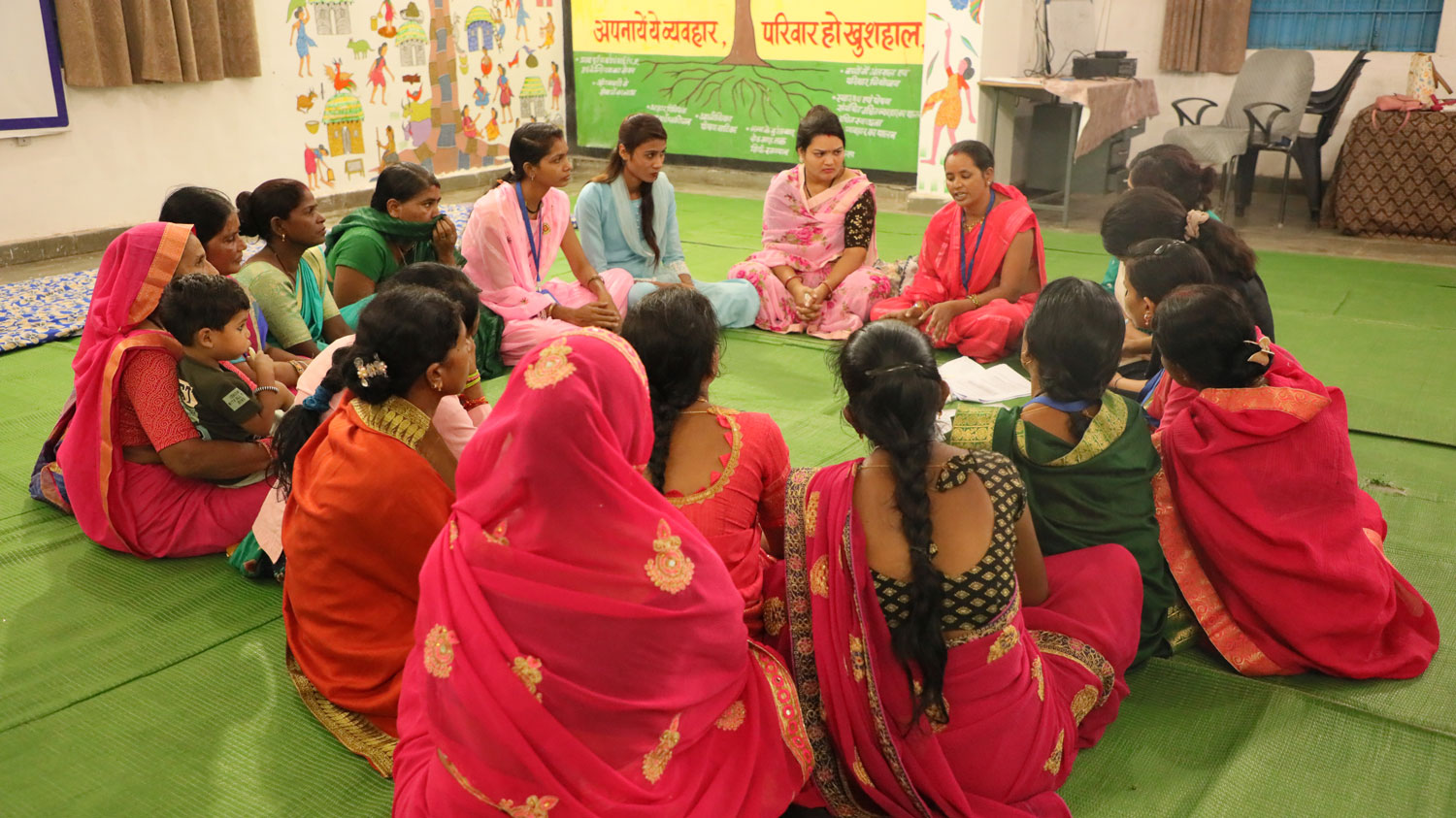Gender norms or shared beliefs about what women and men ought to do in a particular social context determine how they interact with each other. A critical shift away from regressive gender norms is imperative to make progress toward gender equality. But these norms are considered particularly resistant to change and are often the reason behind limited impacts of development programs on gender equality and women’s empowerment.
Recent research has nuanced this view by showing that understanding the foundations of gender norms is crucial for the prospects of improving women’s status (see Bursztyn et al (2020) and Gauri et al (2019) for examples). These studies demonstrate that misperceptions about the beliefs held by members of a social group – so-called pluralistic ignorance – are common and may end up perpetuating behavior that appears to be rooted in regressive gender norms. Using this recent work, 3ie will soon roll out an innovative study of gender norms among participants and non-participants as part of its evaluation of WorldFish’s IDEA aquaculture project in rural Bangladesh.
Bursztyn et al (2020) found that Saudi Arabian men systematically underestimated the support among other men for women’s participation in work outside their homes. A key insight from this research is that the seemingly persistent, gender-regressive norms may in fact rest on more fragile foundations than typically acknowledged in social science literature. In such a situation, providing information about and correcting these misconceptions could trigger comprehensive and rapid behavioral change. The 2020 study found that within months of the men updating their beliefs, their wives were more likely to have applied and interviewed for a job outside the home. Thus, under the right local conditions, even radical gender transformative change could be much easier to achieve than expected. This finding has dramatic implications for policy and social change.
WorldFish’s IDEA project provides a promising context for examining how norms affect women’s say and participation in small-scale aquaculture. The project aimed to expand women’s participation in different nodes of the aquaculture value chain and enhance women’s intrahousehold say in aquaculture and other domains of decision-making through social behavior change communication and strengthening linkages with NGOs, local service providers, private businesses, and government. In a context with strong mobility restrictions and other gender-regressive norms, the project’s ambition was to achieve gender-transformative change. However, pandemic disruptions led to pushbacks and adjustments of such ambitions.
The 3ie evaluation team’s endline survey instruments rely on adapted Women’s Empowerment in Agricultural Development Projects (pro-WEAI) modules that are well-equipped to capture improvements in women’s participation, mobility, freedom, and decision-making in aquaculture. However, they are likely to miss more subtle, yet important, changes resulting from the IDEA project. Even if the WEAI-type questions uncover only limited progress, it would be wrong to conclude that no changes have materialized.
To ensure that the evaluation can examine the foundations of social norms restricting women’s decision-making and mobility, and track even slight changes among participants of the IDEA project, the evaluation team will roll out an exploratory gender norms study using surveys and small-scale behavioral experiments. The evaluation team will examine whether and among whom strong norms exist about women’s say in a specific decision, their participation in a particular aquaculture-related or other activity, and their freedom to travel locally. The differences among men, women, and the community in their beliefs about norms will help shed light on the strength of gender norms and the possibility of shifting them. The study will compare the strength of norms among IDEA participants with a control group of non-participants to assess whether and how the four-year project contributed to shifting norms.
The findings from this study could help practitioners and decision-makers in Bangladesh identify which interventions are supportive of norm change processes and measure them sensitively. The experimental survey is planned to be rolled out later this year. If you want to know more about this ongoing work, share notes about similar experiments or receive alerts when we share insights from the study, write to info@3ieimpact.org.









